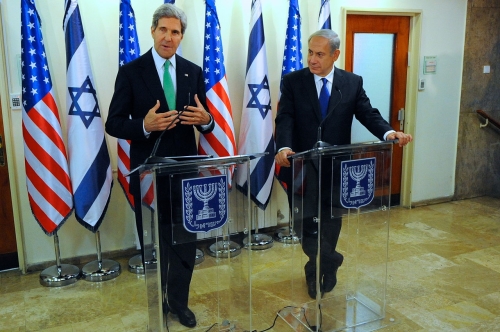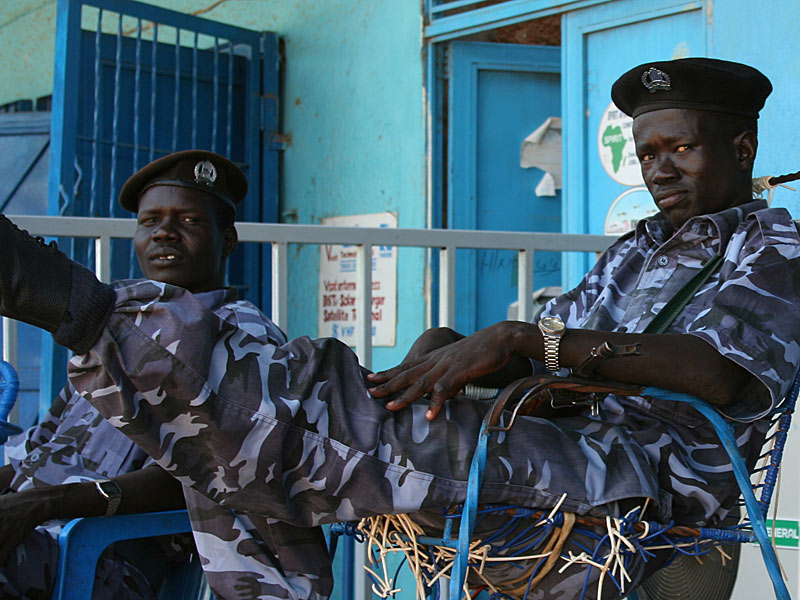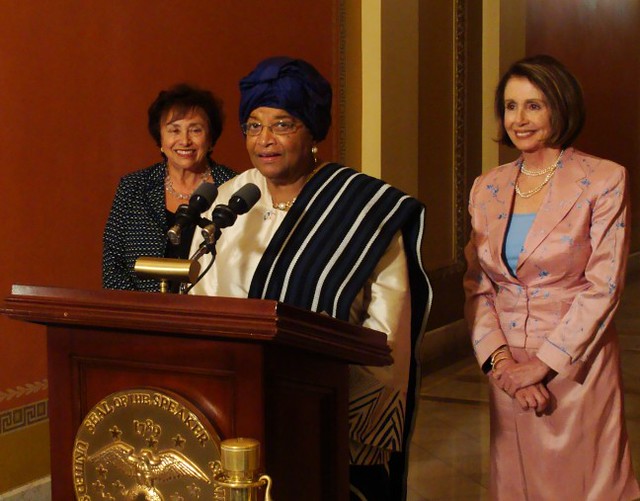
After more than two decades of Israeli-Palestinian negotiations that have failed to bring peace, few words are as reviled among Palestinians as “normalization.” “Anti-normalization”is a widespread response: many Palestinians refuse to cooperate with Israelis, arguing that joint activities have merely given cover to Israel’s ongoing military occupation of their land and society for decades. Peace and reconciliation activities, they feel, create a false image of equality that does not reflect reality and contributes to their ongoing oppression.




